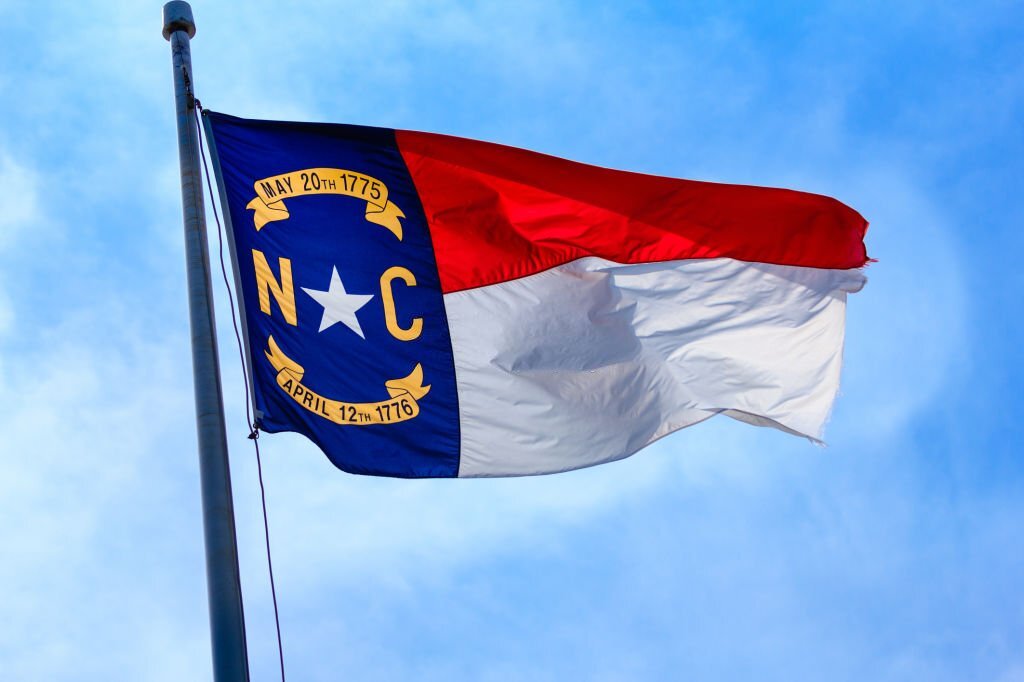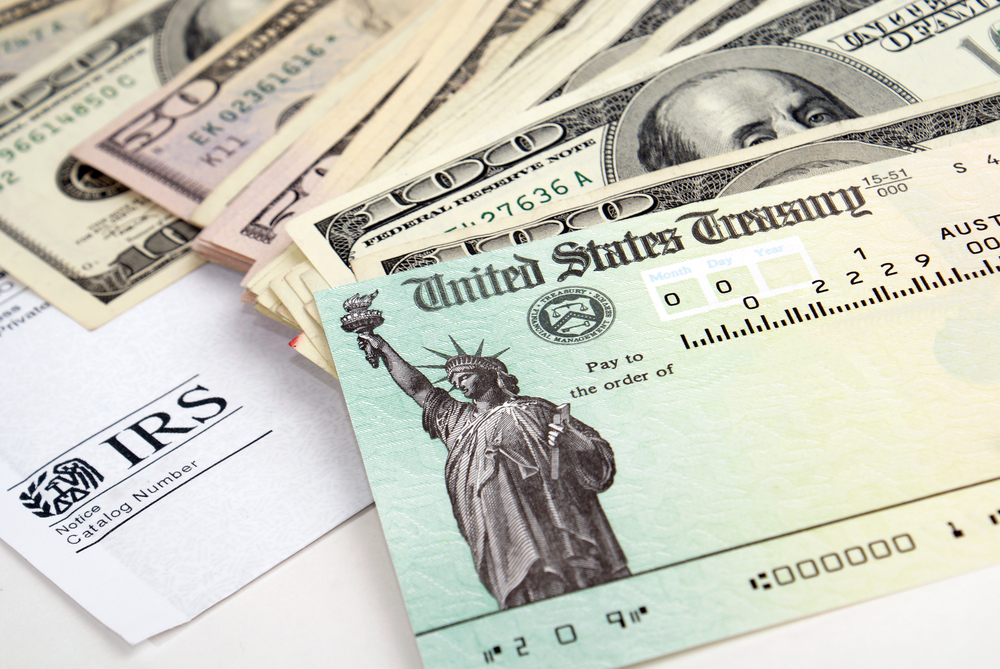By Hannah Lang, The Charlotte Observer (TNS)
More than a million borrowers in North Carolina got some good news last week, when President Joe Biden announced plans to cancel up to $20,000 worth of federal student loan balances following a two-year pause on payments.
But those borrowers might want to set aside some forgiven funds for when they file next year’s taxes. Under North Carolina tax law, the canceled loans are considered taxable income at the state level.
That’s according to a statement from the N.C. Department of Revenue, shared Wednesday evening in response to a question from The Charlotte Observer.
Although the federal government deemed the forgiveness tax exempt as a part of the American Rescue Plan, North Carolina tax law did not adopt this piece of tax guidance. Canceled federal student loans are “currently considered taxable income,” in the state, the agency said in its release.
Here’s what else you need to know.
Is Biden’s federal student loan forgiveness tax-exempt?
The question of whether the president’s loan forgiveness plan will be totally tax free depends on where you live.
The canceled debt will be exempt from federal taxes, thanks to a provision of the American Rescue Plan passed in March 2021. The law says that any student loan forgiveness occurring between 2021 and 2025 will be tax exempt.
Usually, “discharged debt”—like a forgiven loan—is considered taxable income in the U.S., said Ben Martinek, founder of tax preparer and advisory firm Student Loan Tax Experts.
But the provision in the American Rescue Plan means that student loan forgiveness is an exception to that rule—at least until 2025, he said.
Why isn’t student loan forgiveness exempt from N.C. taxes?
Whether or not canceled student loan debt is exempt at the state level will depend on the law where you live.
Some states automatically apply federal tax guidelines like that included in the American Rescue Plan, said Frances Ellington Gutierrez, a tax partner at accounting firm GHJ and adjunct assistant professor at UNC’s Kenan-Flagler Business School.
Others, like, North Carolina, don’t automatically update their tax laws to reflect federal changes.
And North Carolina specifically separates from federal tax law on the issue of student loan forgiveness, Gutierrez said, according to a state statute.
The implications of the statute are spelled out in a 2021 guide to filing individual income taxes in N.C., distributed by the state department of revenue.
Changing that statute would require legislative action, said Hughlene Burton, a certified public accountant and associate professor in UNC Charlotte’s Belk College of Business. Burton specializes in matters of individual taxation.
“Any time there’s a major tax change, they would have to propose a bill that goes through the two houses (and) would basically be updating the tax code,” she said.
How much of a tax liability can I expect?
The state individual income tax rate in North Carolina for 2022 is 4.99%.
So a borrower who got $10,000 forgiven under Biden’s plan could expect about a $500 tax liability when filing their N.C. taxes, Burton said. A borrower who got $20,000 forgiven could expect a hit of nearly $1,000 related to their canceled debt, she said.
Guttierez pointed out there’s a chance that legislators in North Carolina or other states may move to change current tax laws before next year’s filing deadline to make forgiven student loan debt tax-exempt at the state level.
“We don’t know if that’s going to happen,” she said. “We can (only) assess the rules as of today.”
In the meantime, Martinek suggested that borrowers set aside funds now, plan for a smaller refund and—as always—ask a tax professional if they have questions or concerns about filing their taxes.
___
©2022 The Charlotte Observer. Visit charlotteobserver.com. Distributed by Tribune Content Agency LLC.
Thanks for reading CPA Practice Advisor!
Subscribe Already registered? Log In
Need more information? Read the FAQs




